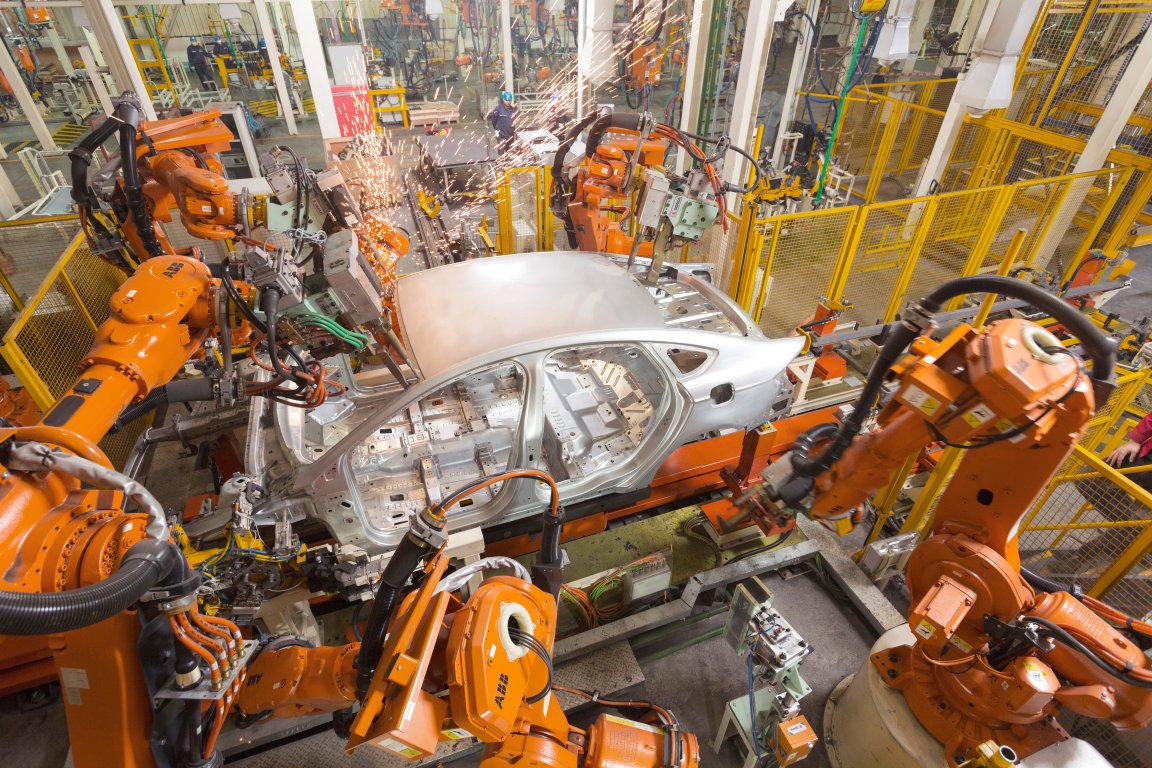
China’s AI Budget, Plan
China aims to be a global frontrunner in artificial intelligence (AI) by 2030, according to the government’s new plan. Released on Thursday, the national AI development plan lays out a timeline for the growth of the country’s core AI industries — the State Council estimates they will be worth over 150 billion yuan ($22.15 billion) by 2020 and 400 billion yuan ($59.07 billion) by 2025. This growth will ensure that the AI industry is a “new, important” driver of economic expansion in China by 2020. Critical areas of development will include intelligent robotics and vehicles, AI software and hardware, and augmented and virtual reality.
“Artificial intelligence has become the new focus of international competition,” the report said. “We must take the initiative to firmly grasp the next stage of AI development to create a new competitive advantage, open the development of new industries and improve the protection of national security.”
This plan is the government’s expression of China’s global ambition, a desire supported by its military, research centers, and technology sector, all of which are already investing heavily in AI, according to Bloomberg. In other words, the developing tech that could boost China’s dominance are already currently underway. A PwC report from June indicates that AI technology will contribute as much as $15.7 trillion to worldwide output by 2030 — more than the combined output of India and China currently. The report also shows that China stands to gain more from investing in AI than any other country due to its huge manufacturing industry.

Global AI Outlook
China is already well-situated globally in the realm of AI; the country has surpassed the US in the field of AI research. Experts such as East China University of Political Science and Law professor Gao Qiqi see AI significantly influencing the international community. “The positive economic ripples could be pretty substantial,” Hong Kong’s Standard Chartered Bank senior economist Kevin Lau told Bloomberg. “The simple fact that China is embracing AI and having explicit targets for its development over the next decade is certainly positive for the continued upgrading of the manufacturing sector and overall economic transformation.”
According to a December 2016 report, the largest share of the AI market is held by transportation and automotive, while the market for the healthcare end-user industry should grow fastest from 2016 to 2022, followed by the agriculture and media and advertising industries. Moreover, the report found that natural language processing and robotics are the biggest contributors to the overall AI market. It seems clear that countries investing heavily in these areas, such as China and India, will dominate the AI market. Countries that resist the technology and insist on protectionist policies that don’t work over the long-term are likely to fall behind.